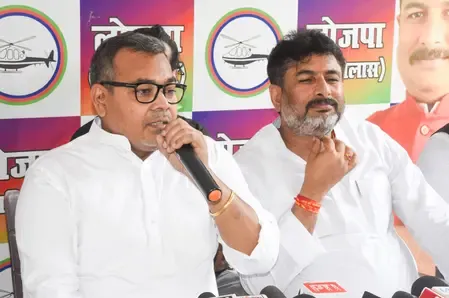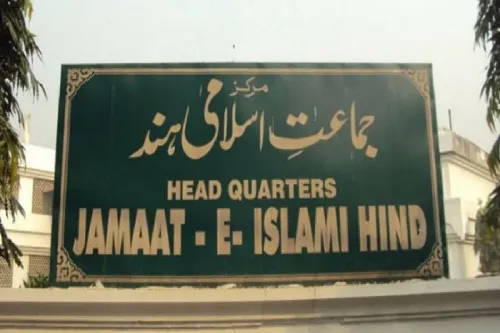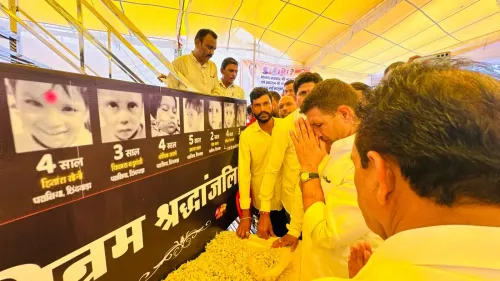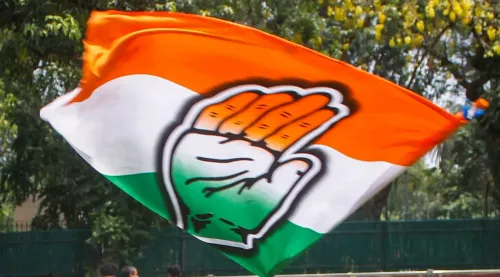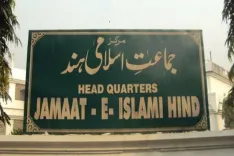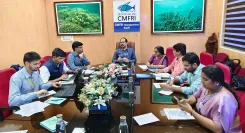What New Developments Has the Maha Cabinet Approved for the Gems and Jewellery Sector?

Synopsis
Key Takeaways
- Maharashtra Cabinet approved the State Gems and Jewellery Policy-2025.
- Aiming for an investment of Rs 1 lakh crore and five lakh jobs.
- Policy to promote wastewater treatment in urban areas.
- Amendments to land partition laws to improve land management.
- New initiatives for slum redevelopment and power loom subsidies.
Mumbai, Oct 7 (NationPress) The Maharashtra Cabinet, led by Chief Minister Devendra Fadnavis, has officially sanctioned the State Gems and Jewellery Policy-2025, aimed at enhancing the growth of industries related to gold, silver jewellery, diamonds, and gems.
The government anticipates attracting an investment of Rs 1 lakh crore and generating five lakh jobs in this domain.
In addition, the Cabinet has endorsed a policy for wastewater treatment in urban areas, promoting a circular economy through the recycling of wastewater. This initiative is designed to fortify the principles of sustainable wastewater management, environmental protection, and the creation of a healthier ecosystem. The policy will be rolled out across 424 urban local bodies in the state.
The Cabinet has also approved amendments to the Maharashtra Prohibition of Partition of Holding Lands and their Consolidation Act, 1947, with changes made to section 8 (b) and a new provision added to section 9.
To advance slum rehabilitation efforts aimed at making Mumbai free from slums, the Cabinet has greenlit the Slum Cluster Redevelopment Scheme.
Furthermore, the Cabinet has allocated 2 hectares 38 acres of land in Mouja Badnera for 30 years to the Amravati Municipal Corporation for establishing an e-bus depot and charging station under the Central government’s PME Bus Scheme.
The Cabinet has decided to implement the revised In-Service Assured Progress Scheme, providing benefits to non-teaching employees in private aided primary, upper primary, and secondary residential ashram schools of the Vijayabhaj category, as well as residential ashram schools for sugarcane workers. Approximately 980 ashram schools will be impacted.
An electricity subsidy of Rs 3 per unit has also been approved for private spinning mills as part of the Integrated and Sustainable Textile Policy, 2023-28. Mills in clusters will benefit from the State Industrial Cluster Development Scheme.
Power loom owners must register on the Textiles Commissionerate portal to avail themselves of the electricity subsidy, with registration required within six months after the government decision.
The Cabinet also sanctioned the establishment of a Senior Civil Court at Akole in Ahilyanagar district, along with the necessary posts for this court.

